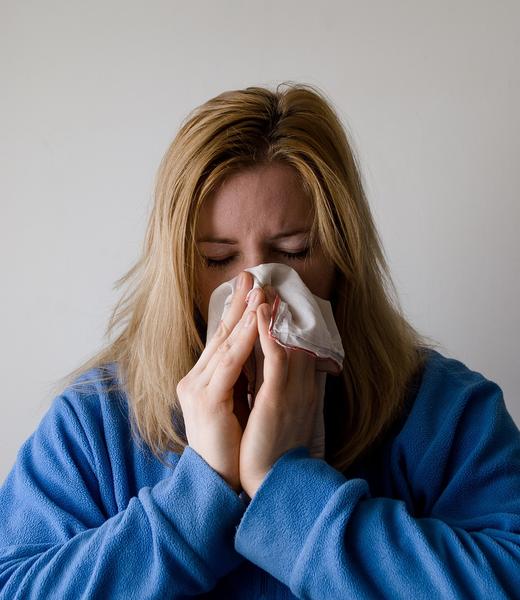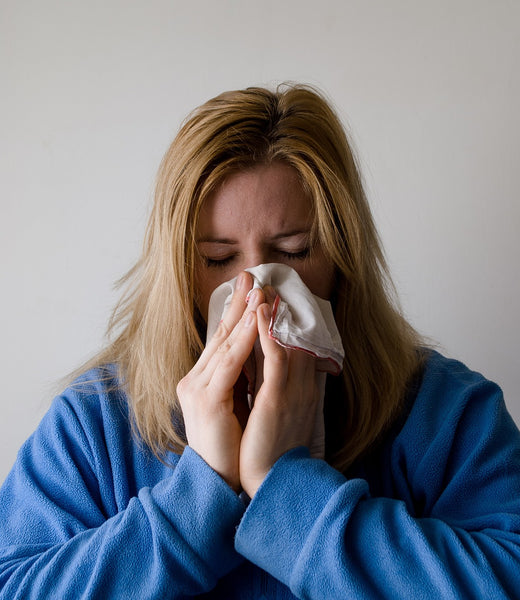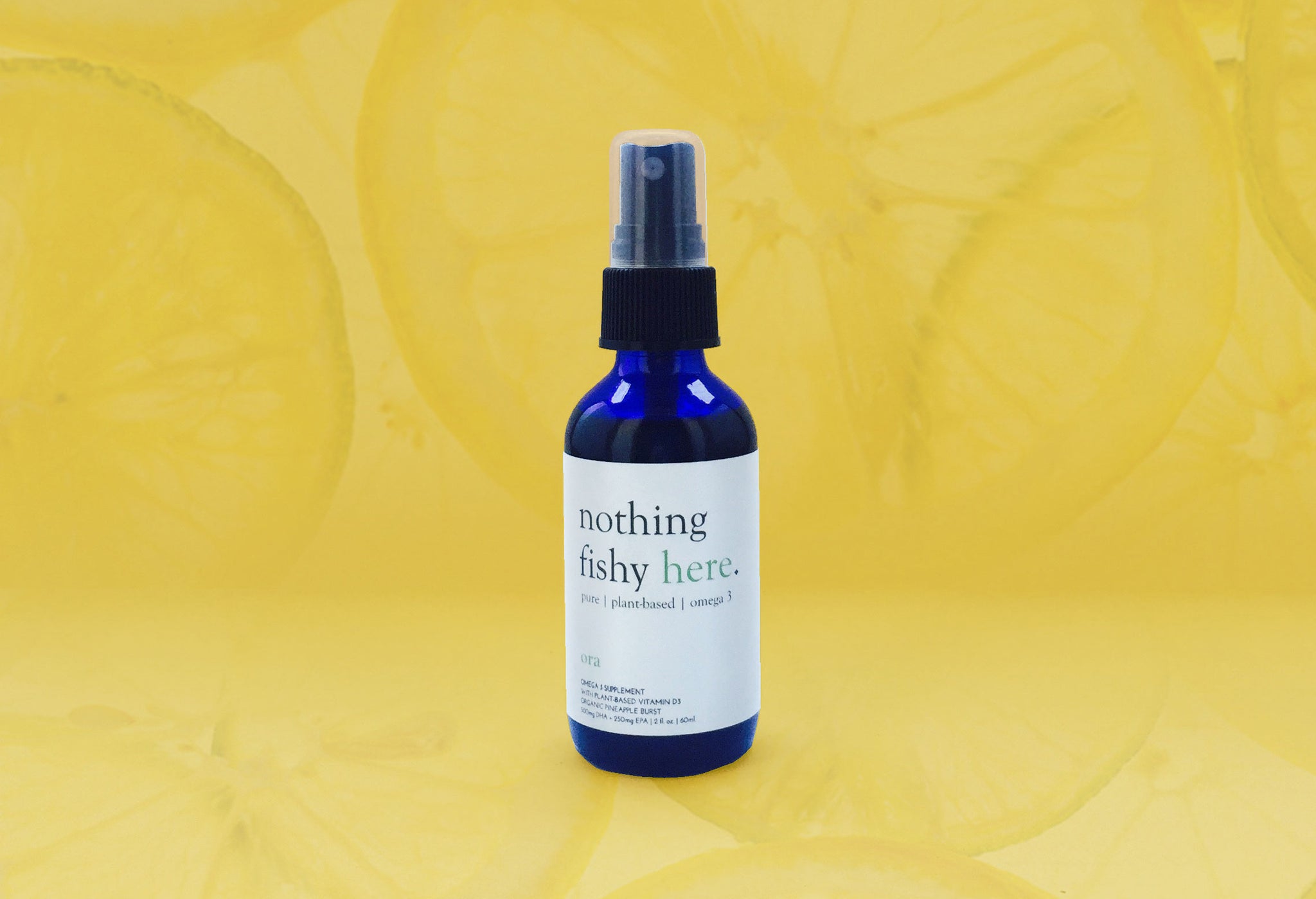We all know that omega-3 fatty acids are incredibly important for your health (why do you think Ora’s so dedicated to formulating their delicious Nothing fishy here?). Eating more omega-3 fatty acids is associated with lower inflammation, better immune function, and better cardiovascular health.
But did you know that there’s a time when you should not be taking your omega-3 oil? It turns out that taking omega-3 fatty acids when you have a flu or other viral infection is actually worse for you!
It sounds counter-intuitive, but it’s true. Omega-3s are so good at what they do, that they end up decreasing inflammation so much that it can impair your immune system that’s trying to fight off that virus! So instead of your usual response to a virus in your body, your body will be staying all cool, calm, and collected and won’t be able to get rid of the virus as fast. Researchers at UNC-Chapel Hill have found that mice who were fed fish oil supplements (which are high in omega-3s) actually had a higher mortality rate and higher viral load than mice who weren’t given the supplements. Previous research has had similar findings for other viruses.
What this means for you is that while taking a daily omega-3 supplement is a great idea, when you start to get the sniffles, lay off the oil for a few days, so your body can get rid of that sickness as fast as possible.
Where Do You Get Your Omega-3s?
Around here, we’re partial to Ora’s “Nothing Fishy Here”, and for good reason. Not only is this source of omega-3 fatty acids plant-based and delicious, it’s actually a higher quality than many of the fish-based oils out on the market.
A recent study from the journal Nature showed that most fish oil supplements contain:
- Fewer omega-3 fatty acids than stated on the label
- A high proportion of oxidized (i.e., not-healthy) omega-3 fatty acids.
Because of company confidentiality, the researchers were unable to tell us which brands performed the worst, but truly, none of the brands (even the expensive ones) did all that well.
Compare that to Ora’s quality assurance process. At Ora, they:
- Prevent oxidation by freezing all of their product after manufacturing.
- Measure oxidation levels to make sure it meets quality standards.
- Analyze omega-3 levels in the raw materials and after they blend and bottle.
- List the minimum Omega-3s in each bottle.
- Quality test to ensure there are no heavy metals or impurities.
All together, Ora’s quality assurance process and steps to make sure that what’s in your bottle mean it’s a brand that I love to use myself and feel comfortable recommending for my clients (except for when they have the flu!).
About the Author

Samantha Attard, PhD RYT, is a wellness coach, health consultant, and yoga teacher with a PhD in Nutrition from UNC – Chapel Hill. Sam helps ambitious adults build healthy habits and live with less stress and more happiness, so they have time and energy for the things that matter to them. You can find out more about Sam at BeHappyHealthyHuman.com, or watch her nutrition broadcasts on Periscope @happyhealthysam.






